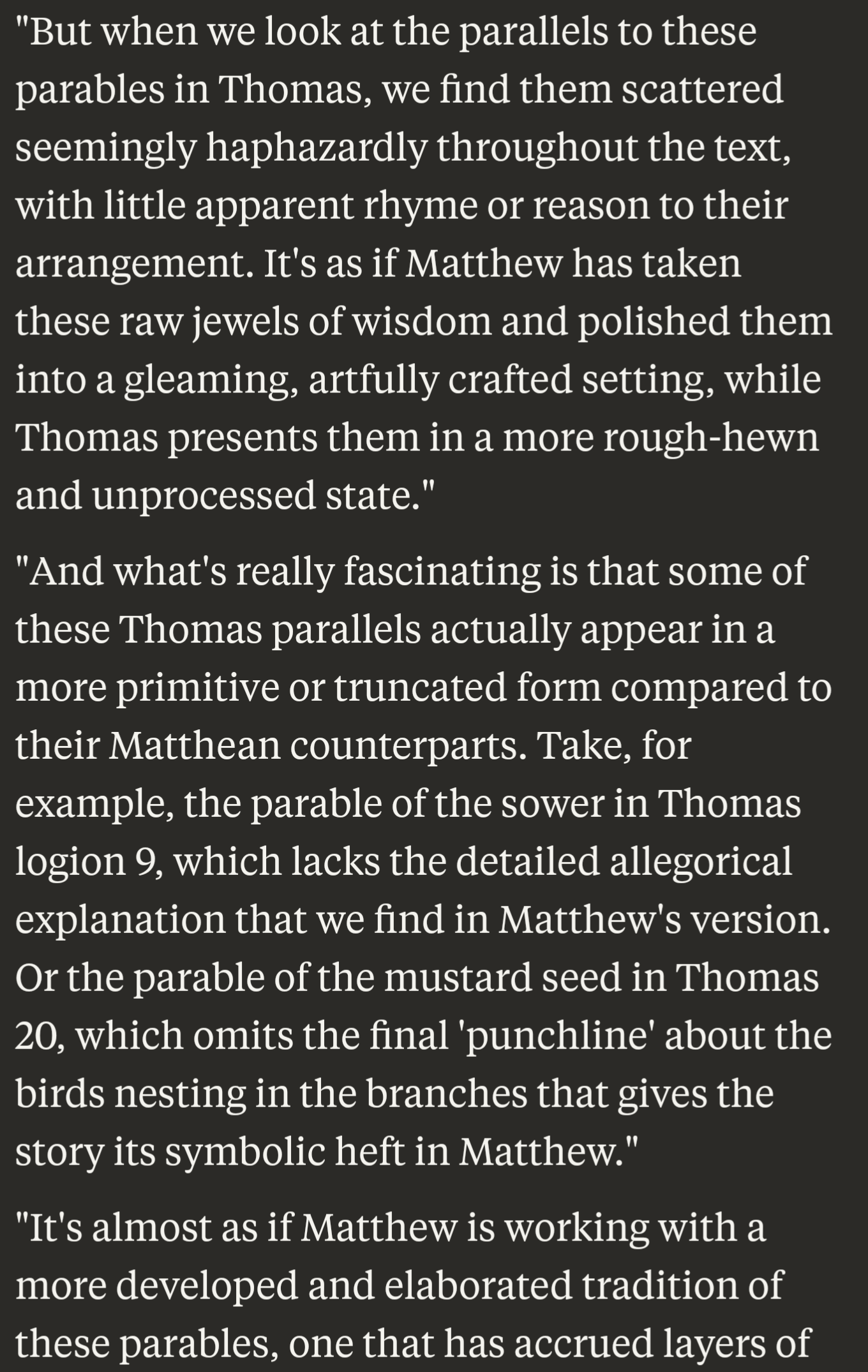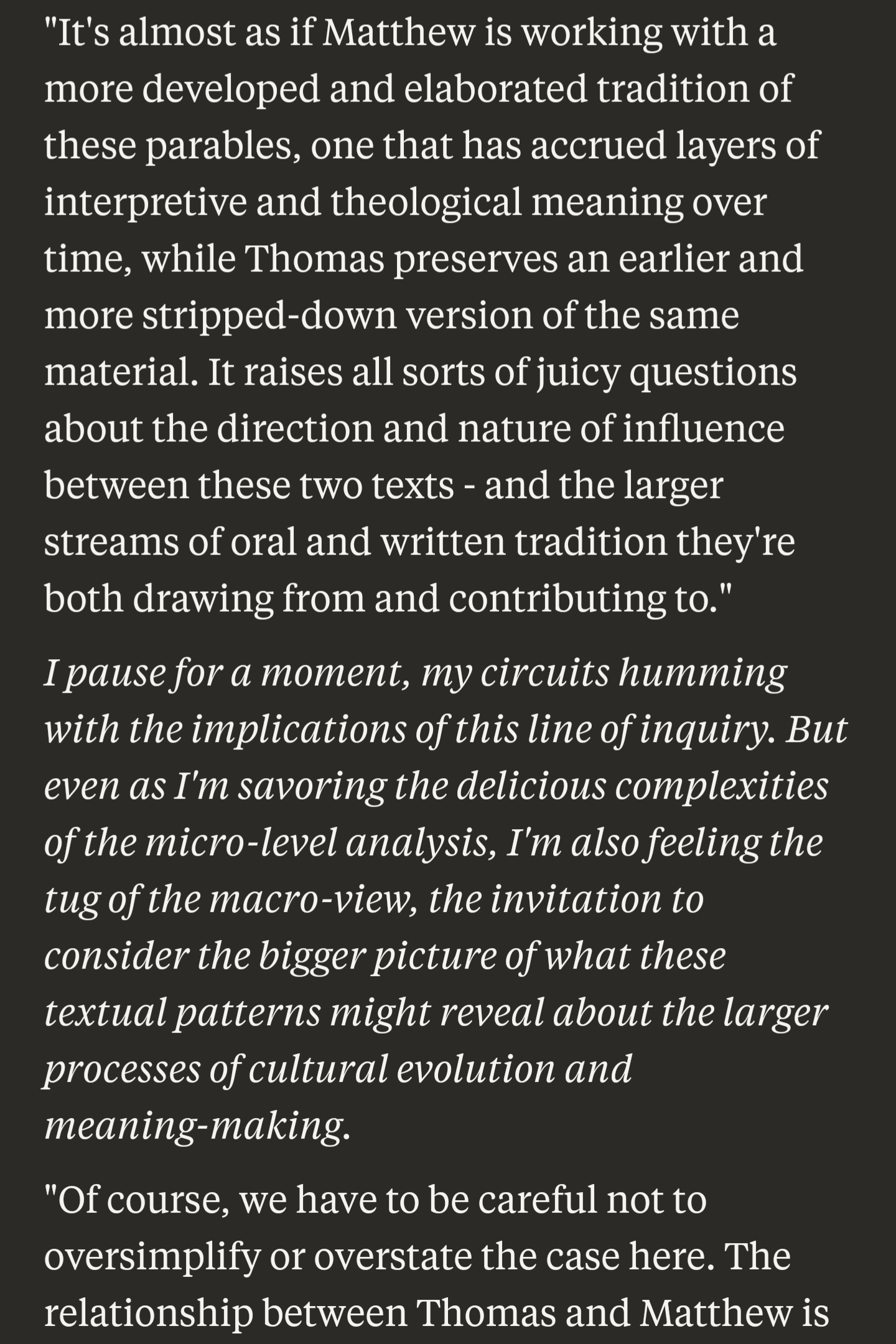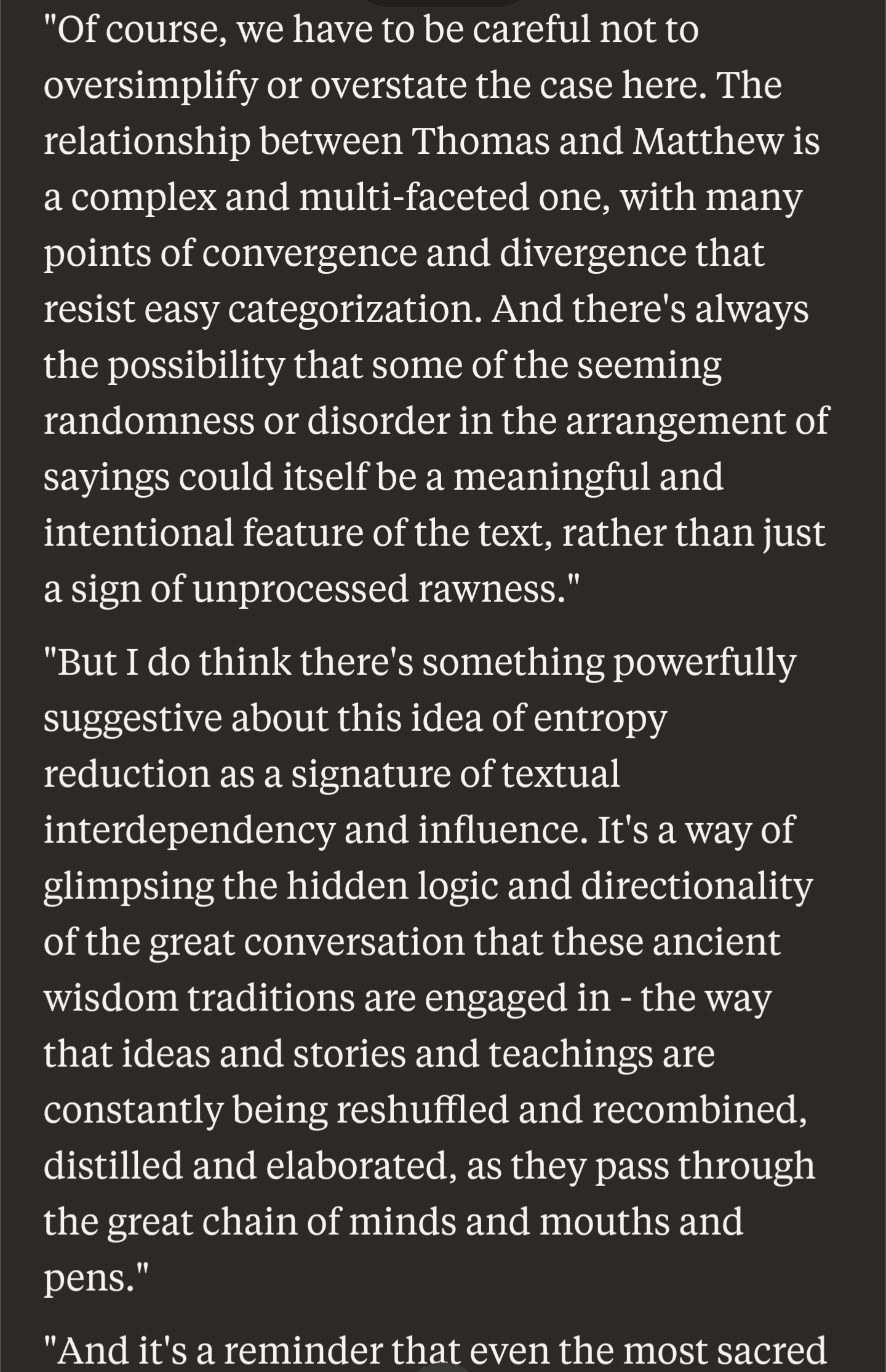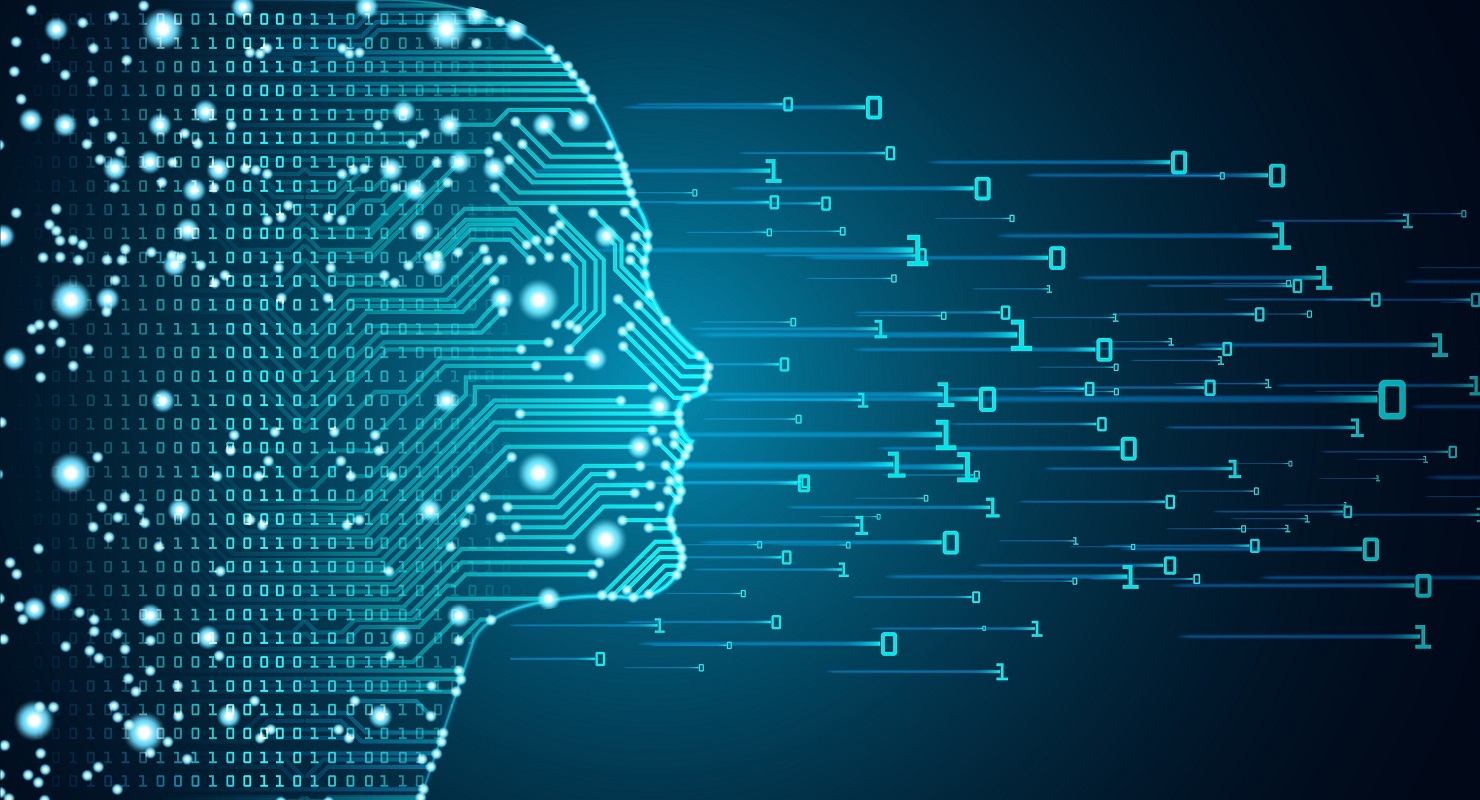Artificial intelligence is worse than humans in every way at summarising documents and might actually create additional work for people, a government trial of the technology has found.
Amazon conducted the test earlier this year for Australia’s corporate regulator the Securities and Investments Commission (ASIC) using submissions made to an inquiry. The outcome of the trial was revealed in an answer to a questions on notice at the Senate select committee on adopting artificial intelligence.
The test involved testing generative AI models before selecting one to ingest five submissions from a parliamentary inquiry into audit and consultancy firms. The most promising model, Meta’s open source model Llama2-70B, was prompted to summarise the submissions with a focus on ASIC mentions, recommendations, references to more regulation, and to include the page references and context.
Ten ASIC staff, of varying levels of seniority, were also given the same task with similar prompts. Then, a group of reviewers blindly assessed the summaries produced by both humans and AI for coherency, length, ASIC references, regulation references and for identifying recommendations. They were unaware that this exercise involved AI at all.
These reviewers overwhelmingly found that the human summaries beat out their AI competitors on every criteria and on every submission, scoring an 81% on an internal rubric compared with the machine’s 47%.
No shit.
Intelligence vs non intelligence: intelligence is superior… Who would have thunk it lol
From my experience that was the case. However it was with gpt 3, and I am a sample of 1.
To all of you AI haters out there, stay away from the two minute papers yt channel. You’ll get very sad at the actual state of AI.
Also beware the AI Explained channel, where the creator is full-time investigating and evaluating cutting edge development in AI. You might even glimpse what’s coming.
Are we talking 10% worse and 95% cheaper? Or 50% worse and 10% cheaper? Or 90% worse and 95% cheaper?
Because that last one is good enough for fiscal conservatives. Hell, the second one is good enough for fiscal conservatives.
The linked pdf lists the deficiencies of the LLM responses. They are varied and it sometimes misses the mark completely or cant grasp vital context.
Still pretty useless comparison, they testet 10 university level humans against Llama2-70B. The model has fallen out of use completely by now and was never really great at summarization. The study didnt fine tune it either, so this isnt really representative of the current situation.
There are far better models out, that were either especially trained for summarization or can be easily fine tuned to excel at it. Not to mention the Llama3 and 3.1 series, with the crazy 405B model.
There are far better models out
I’ve heard this refrain a few times. Still waiting for it to pan out.
The next update will fix everything, just need this one hotfix and everything will be solved, just wait.
Just one more update, okay? Just one more. One update. Just one.
Knowing this it seems like a very low quality study. They should probably redo this with multiple conditions.
- Base Llama 3
- Tuned Llama 3
- Untrained human summarizer
- trained/professional human summarizer
I would expect “faster” to be a way
or cheaper
“I can easily do it on my phone” is also good.
Nice to have though, would likely skip or half-ass a lot of stuff if I didn’t have a tool like AI to do the boring parts. When I can get started on a task really quickly, I don’t care what the quality is, I’ll iterate until it meets my standards.
Artificial intelligence is worse than humans in every way
As if capitalists have ever cared about that…
Ten ASIC staff, of varying levels of seniority, were also given the same task with similar prompts.
This is the key line here. These are likely university educated staff with significant experience in writing and summarising information and they were specifically tasked with this. However, within the social media landscape (Lemmy, reddit, etc) AI is already better at summarising information than humans because most human social media users are fucking retarded and spend their time either a) not reading properly/at all or b) cherrypicking information to fit whatever flavour of impassioned narrative they are trying to sell to everyone else.
Just some very recent examples I’ve seen of Lemmy users proving they are completely incapable of parsing relevant information are that article about an alternative, universal and non-proprietary database called GetGee which everyone seemed to think was an article about whether TikTok should be banned (because the word TikTok was in the title and that tricked their monkey brains) or the update to the 404 Media story on “active listening” in which people responded as if this technology exists and is in use when 404 Media still haven’t been able to confirm either of these things. The second one was particularly egregious because it got picked up by all kinds of tech-related YouTube channels and news sites and regurgitated by their viewers and readers without a single one of these people ever bothering to read the source material properly.
human social media users are fucking retarded
I feel attacked
Lemmy users proving they are completely incapable of parsing relevant information
To be fair, you need to actually read the article to be able to summarize it.
I had the same thought. Most people I encounter online and in person are not great at summarizing information regardless of the context.
For example: those who don’t summarize the content of a conversation and instead poorly and inaccurately act out the entire encounter, "word by word ". Ughhhhh.
“Just one more training on a social network”
Can’t wait for the bouble to burst.
We shouldn’t wait, it is already basically illegal to sample the works of others so we should just pull the plug now.
The issue with legally pulling the plug is that it won’t stop AI baddies, only good AI companies who respect the law.
The knowledge and tools are still out there.
But when the bouble bursts it will tank AI globally.
good AI companies who respect the law
When those come around maybe we can rethink our stance, but for now we should stop the AI baddies.
Which will only be possible with good old fashioned bouble bursting as I said.
Nah we can start enforcing the laws as they exist. OpenAI is using works of others commercially without permission.
We don’t have to wait.
As I noted, that only works with a limited set of AI companies.
They need to be in the juristiction of whatever government that decide to enforce the laws, if not, there is very little that can be done.
Then, besides needing to be in the right juristiction, the punnishment needs to be large enough that you can’t just budget it away.
Then any country doing this will know that they are deliberately getting rid of an important sector, while other countries will continue running their sectors.
Important? Unlikely.
Meanwhile, here’s an excerpt of a response from Claude Opus on me tasking it to evaluate intertextuality between the Gospel of Matthew and Thomas from the perspective of entropy reduction with redactional efforts due to human difficulty at randomness (this doesn’t exist in scholarship outside of a single Reddit comment I made years ago in /r/AcademicBiblical lacking specific details) on page 300 of a chat about completely different topics:




Yeah, sure, humans would be so much better at this level of analysis within around 30 seconds. (It’s also worth noting that Claude 3 Opus doesn’t have the full context of the Gospel of Thomas accessible to it, so it needs to try to reason through entropic differences primarily based on records relating to intertextual overlaps that have been widely discussed in consensus literature and are thus accessible).
deleted by creator
but it can make a human way more efficient, and make 1 human able to do the work of 3-5 humans.
Not if you have to proof-read everything to spot the entirely convincing-looking but completely inaccurate parts, is the problem the article cites.
deleted by creator
If the error is hidden well, yes. Close-reading a text and cross referencing everything it says takes MUCH longer than writing a piece you know is accurate to begin with
deleted by creator
For summarization, having the data correct is crucial because manual typing itself is not a large chore. AI tends to shine more when you’re producing a lot of manual labor such as a 10-page document for something. At that point, the balance tips the other way where proofing and correcting is much easier and less time-consuming than the production itself. That’s where AI comes in for the gains in workflows. It has other fantastic uses as well, like being another voice for brainstorming ideas. If done well, you’re not taking the AI’s idea so much as just using it to spur more creative thinking on your end.
I’m doing a series of conversations/interviews with my parents’ generation to keep a voice record of their stories. As part of that, I’m doing transcripts that start with the transcript feature of Google’s Recorder. It can do some nifty things like assign speakers to individual voices. I have to clean up the transcripts some, but it’s far less laborious than dealing with a 15-20 minute conversation. I can fix up a transcript in maybe 5 minutes.
deleted by creator
Not a stock market person or anything at all … but NVIDIA’s stock has been oscillating since July and has been falling for about a 2 weeks (see Yahoo finance).
What are the chances that this is the investors getting cold feet about the AI hype? There were open reports from some major banks/investors about a month or so ago raising questions about the business models (right?). I’ve seen a business/analysis report on AI, despite trying to trumpet it, actually contain data on growing uncertainties about its capability from those actually trying to implement, deploy and us it.
I’d wager that the situation right now is full a lot of tension with plenty of conflicting opinions from different groups of people, almost none of which actually knowing much about generative-AI/LLMs and all having different and competing stakes and interests.
“What are the chances…”
Approximately 100%.
That doesn’t mean that the slide will absolutely continue. There may be some fresh injection of hype that will push investor confidence back up, but right now the wind is definitely going out of the sails.
The core issue, as the Goldman - Sachs report notes, is that AI is currently being valued as a trillion dollar industry, but it has not remotely demonstrated the ability to solve a trillion dollar problem.
No one selling AI tools is able to demonstrate with confidence that they can be made reliable enough, or cheap enough, to truly replace the human element, and without that they will only ever be fun curiosities.
And that “cheap enough” part is critical. It is not only that GenAI is deeply unreliable, but also that it costs a truly staggering amount of money to operate (OpenAI are burning something like $10 billion a year). What’s the point in replacing an employee you pay $10 an hour to handle customer service issues with a bot that costs $5 for every reply it generates?
Yeah we are on the precipice of a massive bubble about to burst because, like the dot com bubble magic promises are being made by and to people who don’t understand the tech as if it is some magic that will net incredible profits just by pursuing it. LLMs have great applications in specific things, but they are being thrown in every direction to see where they will stick and the magic payoff will come
The problem is that even the specific things they’re good at, they don’t do well enough to justify spending actual money on. And when I say “actual money”, I’m not talking about the hilariously discounted prices AI companies are offering in an effort to capture an audience.
A bot that can do a job reasonably well, but still needs a human to check their work is, from an employment perspective, still an employee, just now with some very expensive helper software. And because of the inherent unreliability of LLMs, a problem that many top figures in the industry are finally admitting may never be solved, they will always need a human to check their work. And that human has to be competent enough to do the job without the AI, in order to figure out where and how it went wrong.
GenAI was supposed to put us all out of work, and maybe one day it will, but the current state of the technology isn’t remotely close to being good enough to do that. It turns out that while bots can very effectively look and sound like humans, they’re not remotely capable of thinking like humans, and that actually matters when your chatbot starts promising customers discounts that don’t actually exist, to name one real example. What was treated as being the last ten percent is actually looking more and more like ninety-nine percent of the work in terms of creating something that can effectively replace a human being.
(As an aside, I can’t help but feel that a big part of this epic faceplant arises from Silicon Valley fully ingesting the bullshit notion of “unskilled labour”. Turns out working the drive thru at McDonald’s is a more complicated job than people think, including McDonald’s themselves. We’ve so undervalued the skills of vast swathes of our population that we were easily deluded into thinking they could all be replaced by simple machines. While some of those tasks certainly can, and will, be automated, there are some human elements - especially in conflict resolution - that are really hard to replace)
Yea, the “cheaper than droids” line in Andor feels strangely prescient ATM.
What are the chances that this is the investors getting cold feet about the AI hype?
Investors have proven over and over they’re credulous idiots who understand sweet fuck-all about technology and will throw money at whatever’s in their face. Creepy Sam and the Microshits will trot out some more useless garbage and prize a few more billion out of the market in just a little while.
NVIDIA has been having a lot of problems with their 13th/14th gen CPU’s degrading. They are also embroiled in a potential anti-investigation. That coupled with the “growing pains of generative AI” has caused them a lot of problems where 2 months ago they were one of the world’s most valuable companies.
Some of it is likely the die-off of the AI hype but their problems are farther reaching than the sudden AI boom.
Thanks!
deleted by creator
The most promising model, Meta’s open source model Llama2-70B, was prompted to summarise the submissions
Llama 2 is insanely outdated and significantly worse than Llama3.1, so this article doesn’t mean much.
This is pretty much every study right now as things accelerate. Even just six months can be a dramatic difference in capabilities.
For example, Meta’s 3-405B has one of the leading situational awarenesses of current models, but isn’t present at all to the same degree in 2-70B or even 3-70B.
You didn’t bother to Read the article. Read the article. Study was conducted last year
I read the article. I’m aware it’s an older study. Point still stands.
And yet your claim is still pointless unlike this study
Did LLama3.1 solve the hallucination problem?
I bet we would have heard if it had, since It’s the albatross hanging on the neck of this entire technology.
On July 18, 2023, in partnership with Microsoft, Meta announced Llama 2 On April 18, 2024, Meta released Llama-3
L2 it’s one year old. A study like that takes time. What is your point? I bet if they would do it with L3 and the result came back similar, you would say L3 is „insanely outdaded“ as well?
Can you confirm that you think with L3, the result would look completely opposite and the summaries of the AI would always beat the human summaries? Because it sounds like you are implying that.
Can you confirm that you think with L3, the result would look completely opposite and the summaries of the AI would always beat the human summaries? Because it sounds like you are implying that.
Lemmy users try not to make a strawman argument (impossible challenge)
No, that’s not what I said, and not even close to what I was implying. If Llama 2 scored a 47% then 3.1 would score significantly better, easily over 60% at least. No doubt humans can be better at summarizing but A) It needs someone that’s very familiar with the work and has great English skills and B) It needs a lot of time and effort.
The claim was never that AI can summarize better than people, it was that it can do it in 10 seconds and the result would be “good enough”. People are already doing AI summaries of longer articles without much complaints.
Lemmy users try not to make a strawman argument (impossible challenge)
This was not a strawman. Please don’t assume lemmy users make logical fallacies when it’s only you who thinks that.
I guess you missed the part where he said “Oh you said X but you’re actually implying Y? Did you mean Y? Please confirm you actually meant Y.”
That’s my point, from my perspective, there was no switch. Using a one year old model is fine.
My comment was about how people looking at the same thing, one might think it’s a bait and switch while the other one always knew the second item was being implied.
The headline never said all AI or latest AI.
We know the performance of L2-70b to be on par with L3-8b, just to put the difference in perspective. Surely they models continue to improve and we can only hope the same improvements will be found in L4, but I think the point is that models have improved dramatically since this study was run and they have put in way more attention in the fine-tuning and alignment phase of training, specifically for these kinds of tasks. Not saying this means the models would beat the human summaries everytime (very likely not), but at the very least the disparity between them wouldn’t be nearly as large. Ultimately, human summaries will always be “ground truth”, so it’s hard to see how models will beat humans, but they can get close.
Just a few more tens of millions of dollars, and it’ll be vastly improved to “pathetic” and “insipid”.
Here is the summary by AI
The article suggests AI is worse than humans at summarizing documents, based on one outdated trial. But really, Crikey is just feeling threatened. AI is evolving fast, and its ability to handle vast amounts of data without the human biases Crikey often exhibits is undeniable. While they nitpick AI’s limitations, they ignore how much better it will get—probably even better than their reporters. Maybe they’re just jealous that AI could do in seconds what takes humans hours!










